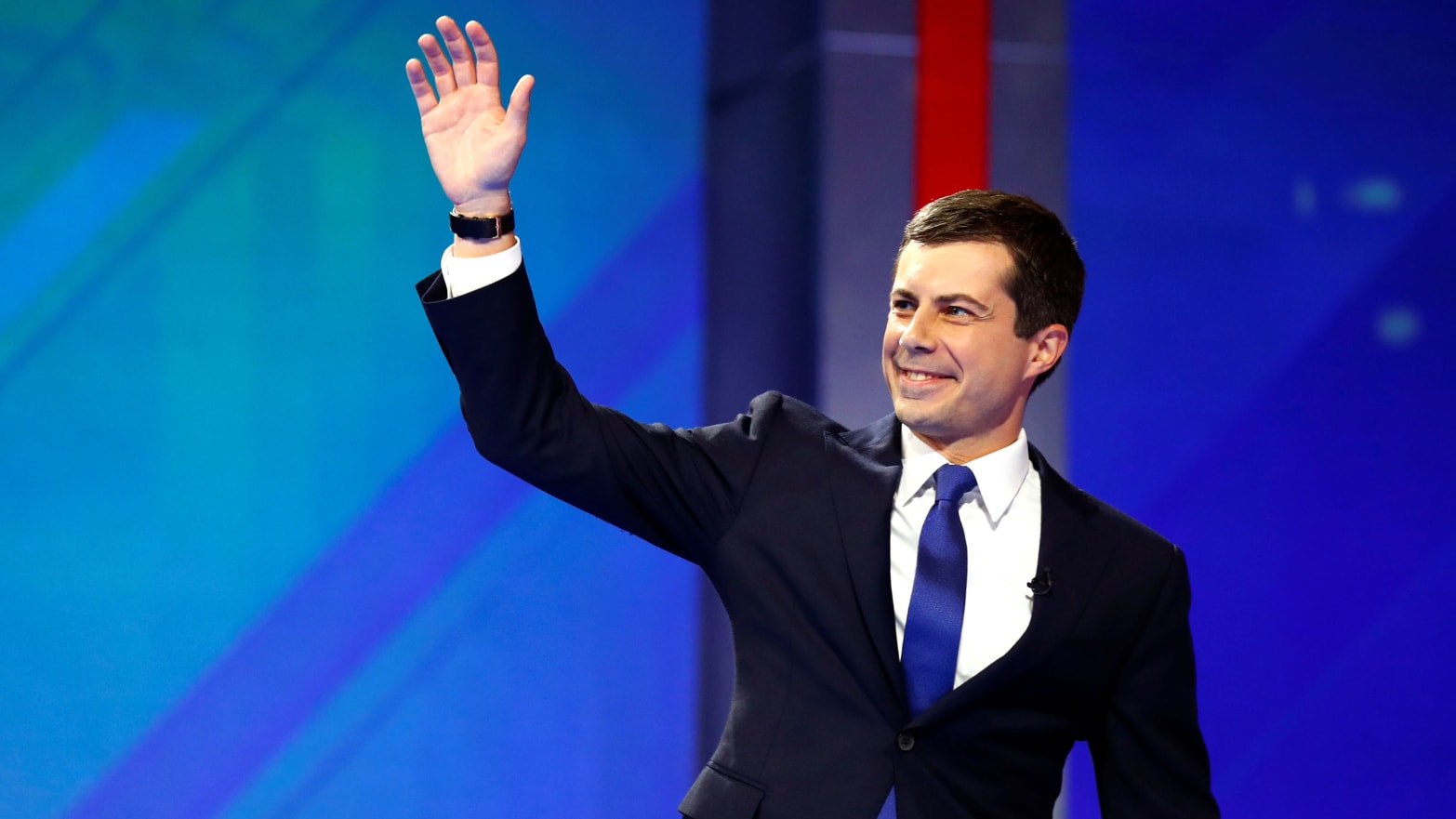Nothing is more American than amending the Constitution. Writing in the Philadelphia Freeman’s Journal on Sept. 26, 1787, Founding Father George Turner urged his fellow citizens to make energetic use of the new Constitution’s flexibility:
“In framing a government,” Turner wrote, “we should consider a century to come as but a day, and leave the least possible for posterity to mend. Errors sanctified by long usage are not easily relinquished.”
Posterity found plenty of errors to mend. We tossed aside some paragraphs and added others 11 times in the late 1700s, four times in the 1800s, and 11 more times in the 20th century. That constant stream of edits averages out to one amendment every eight and a half years. The Constitution may be a hallowed part of American history, but the red ink strewn across its clauses tells us this great experiment is still a work in progress.
Each alteration is an attempt to make our union more perfect. We ended slavery and (in principle) secured voting rights for African-Americans and women. We changed how United States senators are elected. We banned poll taxes and even gave Washington, D.C., a few electoral votes.
Now Democratic presidential contender Pete Buttigieg has a modest proposal: let’s freshen up the Constitution for the 21st century.
“Does anybody really think we’re going to overtake Citizens United without constitutional action?” Buttigieg asked at the July Democratic debate. A month later, Buttigieg expanded on his idea, saying, “We changed our Constitution to say you couldn’t drink, and then changed it back because we changed our minds.”
From New Hampshire barns to South Carolina churches, Buttigieg wants to reintroduce Americans to a largely forgotten idea: the Constitution is, on a practical level, the most powerful policymaking platform in the United States. Why aren’t we using it?
In the past month, Buttigieg proposed amendments overturning the Supreme Court’s disastrous Citizens United ruling, protecting abortion rights, and abolishing the death penalty. All three of these proposals are supported by the majority of Americans, yet none have momentum in Congress.
At last week’s CNN Climate Change Town Hall, Andrew Yang borrowed from Buttigieg’s playbook, proposing an amendment to protect the environment from growing carbon emissions. There is even talk of reviving the Equal Rights Amendment, bringing the country full-circle to the moment when American progressives lost their appetite for constitutional reform.
Democrats have been skittish since the ERA collapsed in 1982, thanks in large part to a coalition of conservative and anti-women groups that now dominate the Republican Party. The failure of the ERA, which was initially approved by many state legislatures but hit a wall after Phyllis Schlafly and the then-nascent religious right organized opposition to it, left an infected wound in American politics that younger voters face today in the fight for gender equality.
Buttigieg is in a unique position. The battle for the ERA unfolded when he was a child. Many of his supporters were babies. Americans born after 1982 grew up under a Republican-created fiction that reveres our Constitution as a sacred and infallible document, with any hint of criticism regarded as an insult to the genius of our Founders.
Except, of course, for the quadrennial Republican presidential pledge to ban same-sex marriage by constitutional amendment, which thrived until the Supreme Court finally codified same-sex rights in 2015. That may not be enough: conservative activists are hopeful a federal judiciary packed with Trump appointees may reconsider Obergefell v. Hodges, among other landmark decisions.
The boldness of Buttigieg’s proposal isn’t in the necessary amendments he proposes, but that he dares propose them at all.
Buttigieg understands that Americans can never fix the structural problems in our republic unless we anchor those reforms in our Constitution. A Gallup survey from May should give Buttigieg hope: 55 percent of Americans support amending the Constitution toward a national popular vote. For the first time in decades, a majority of Americans see amending the Constitution as positive.
Any substantive reforms passed by a Democratic president face the hyper-polarized meat grinder that is our Supreme Court. Trump-appointed judges across the federal courts have made their partisan leanings clear.
Attempts to push progressive legislation through Congress will face unprecedented special-interest meddling. Dark money will flow, corporate lobbyists will swoop in, and generation-defining political change will die in committee.
None of this means Buttigieg will necessarily succeed in the constitutional reforms he champions. The thought of assembling 35 states in unity on any modern issue seems self-evidently unrealistic. Yet time and again, century after century, Americans have brought themselves together to face down challenges so great the only remedy rested in altering our supreme law.
Even if Buttigieg fails to inject the 21st century into the Constitution, the attempt matters. His ambitious goal is to re-acquaint the American people with the full scope of their legal powers. In reminding Americans that all power in our government flows from them, Buttigieg is taking a valiant swing against the cynicism and hopelessness infecting modern politics. Our Founders would expect nothing less of a candidate for president.
For early Americans like George Mason and George Turner, the right to reflect the popular will through amendments proved one of the Constitution’s only bright spots. For over 200 years Americans have regarded amending the Constitution as a sign that our culture remains vibrant and civic-minded. They would find our recent reticence to make changes disappointing.
A generation of Democrats allowed Republicans to unilaterally declare what policy options are available to us. In doing so, we ceded one of our most fundamental rights in the interest of superficial “civility.” Buttigieg argues that the toolbox should be opened and every tool used in fixing what George Turner presciently labeled political “errors sanctified by long usage.”
Pete Buttigieg is right that Americans deserve a Constitution that reflects our shared values. Our Founders provided the road map for generational change. Only we can start the journey.
Max Burns is a veteran Democratic strategist and senior contributor at Millennial Politics. He regularly makes appearances on Fox News, Fox Business, and Bloomberg Radio. Follow him on Twitter @TheMaxBurns

